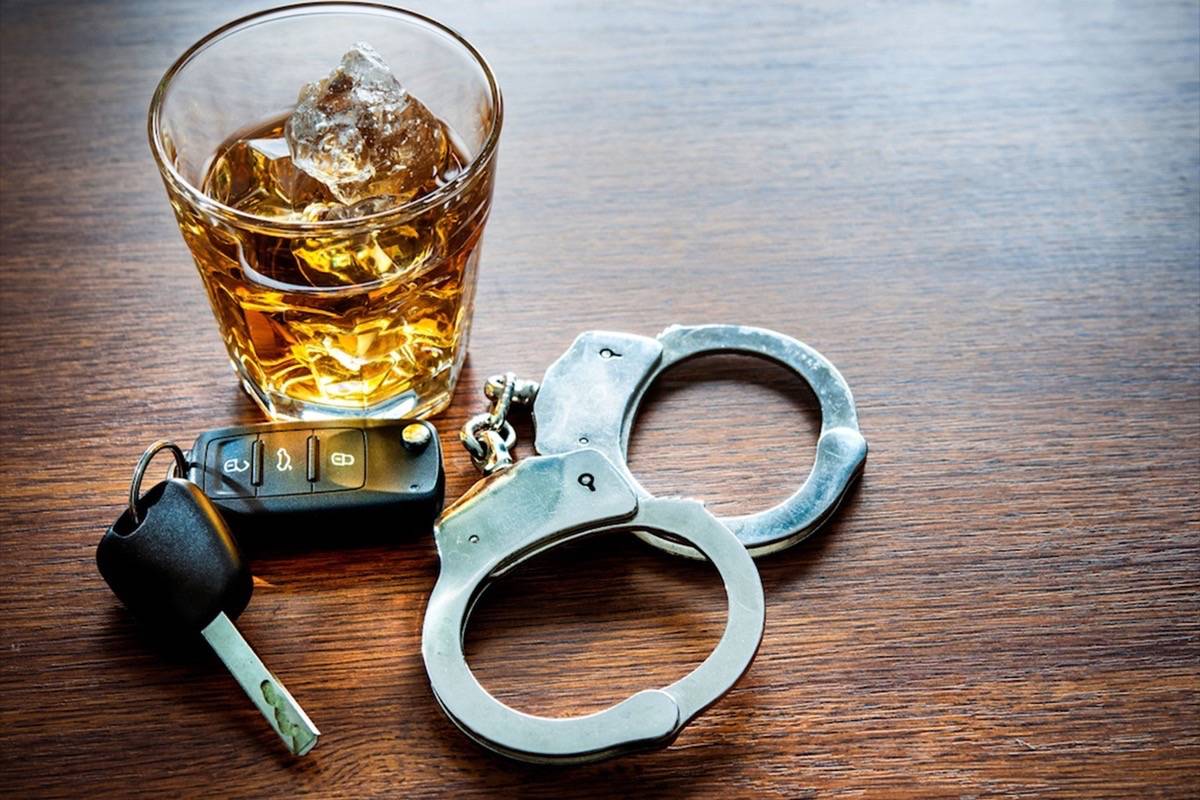High numbers of impaired drivers have prompted two Ontario police forces to resort to public shaming as a potential deterrent.
York Regional Police and the South Simcoe Police Service, just north of Toronto, said they’ve documented either stubbornly high or rapidly increasing instances of impaired driving in recent years.
They said since high-profile cases and public awareness initiatives have done little to curb the behaviour, they’re reversing long-standing policies and beginning to identify those who wind up facing charges of driving while impaired by alcohol or drugs.
South Simcoe Police said the move is temporary for now, lasting only through the month of December, but York regional police said their new approach is expected to stay in place indefinitely.
“We’re really trying every possible avenue we have at our disposal because we haven’t seen the numbers decreasing,” Const. Laura Nicolle of the York Region force said. “We really are at that place where we have to keep being aggressive. We can’t allow it to go on.”
Nicolle said York Region officers have seen persistently high numbers over the past few years, adding at least 1,400 impaired driving charges have been laid in the region throughout 2018 alone.
READ MORE: B.C. Supreme Court upholds province’s drunk-driving laws
Five deaths in the past 11 months have done nothing to keep people from taking the wheel while under the influence, she said, adding even a particularly high-profile tragedy involving a drunk driver three years ago didn’t bring people to their senses.
In 2015, three young children and their grandfather were killed when Marco Muzzo slammed into their car while on his way home from a bachelor party.
In South Simcoe, police said they’ve documented a surge in impaired driving offences since 2016.
They said the force’s month-long Festive RIDE program netted 15 arrests in December 2016, but said the number jumped to 26 one year later.
CHIEF'S MESSAGE ON RIDE: Our 2018 Festive RIDE program launches tonight and Chief Andrew Fletcher has this message for you. #Bradford #Innisfil pic.twitter.com/H6jxYYRuCh
— South Simcoe Police (@SouthSimcoePS) November 30, 2018
One criminal defence lawyer is openly skeptical that the move will be an effective deterrent, adding that it also stands to pose problems for the accused long after charges have been resolved.
Sean Robichaud said public identifications can live indefinitely online and brand someone for life, potentially having ramifications on everything from social standing to employment prospects.
He said police forces may lack the resources to update their online lists if someone accused of impaired driving has been acquitted or had their charges withdrawn.
Nicolle said York Region police will expunge the names of those facing charges after 30 days. Robichaud, however, said the damage may already have been done.
Michelle McQuigge, The Canadian Press



